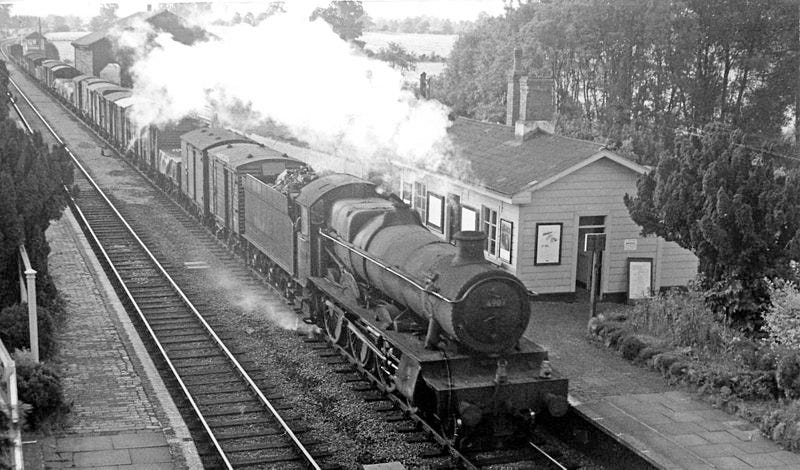Today’s Poem: Adlestrop
Edward Thomas, spots of time, and tranquility recollected in emotion

Keep reading with a 7-day free trial
Subscribe to Poems Ancient and Modern to keep reading this post and get 7 days of free access to the full post archives.



